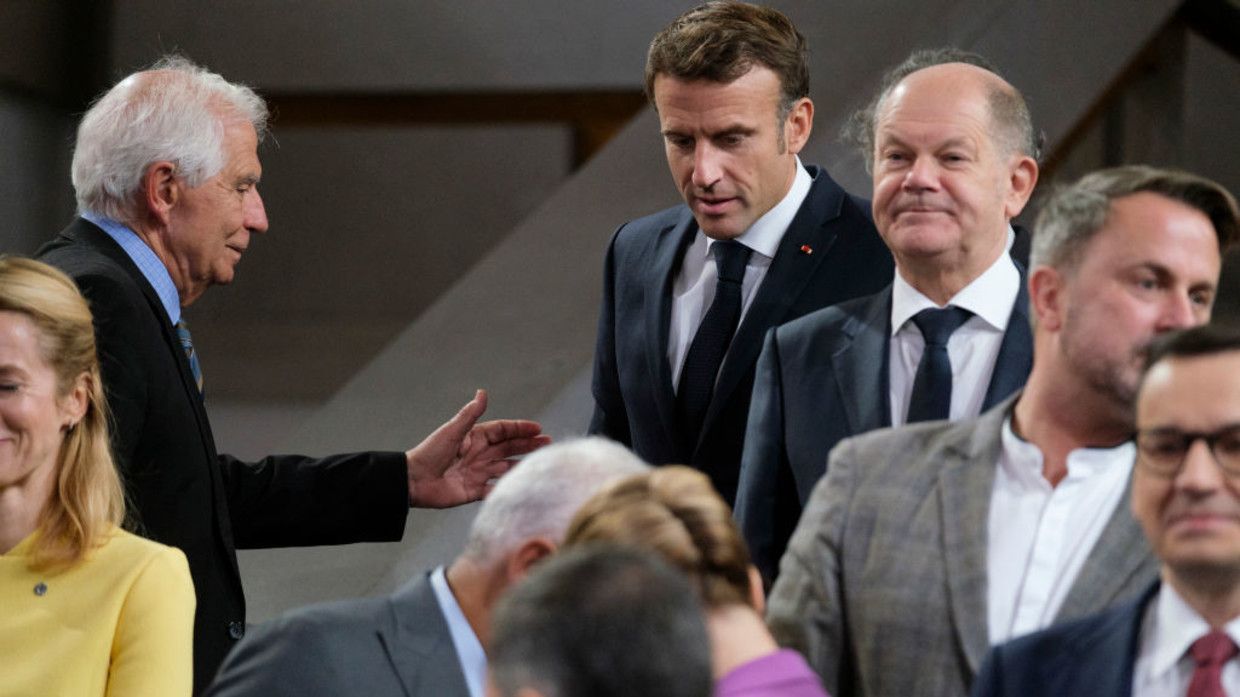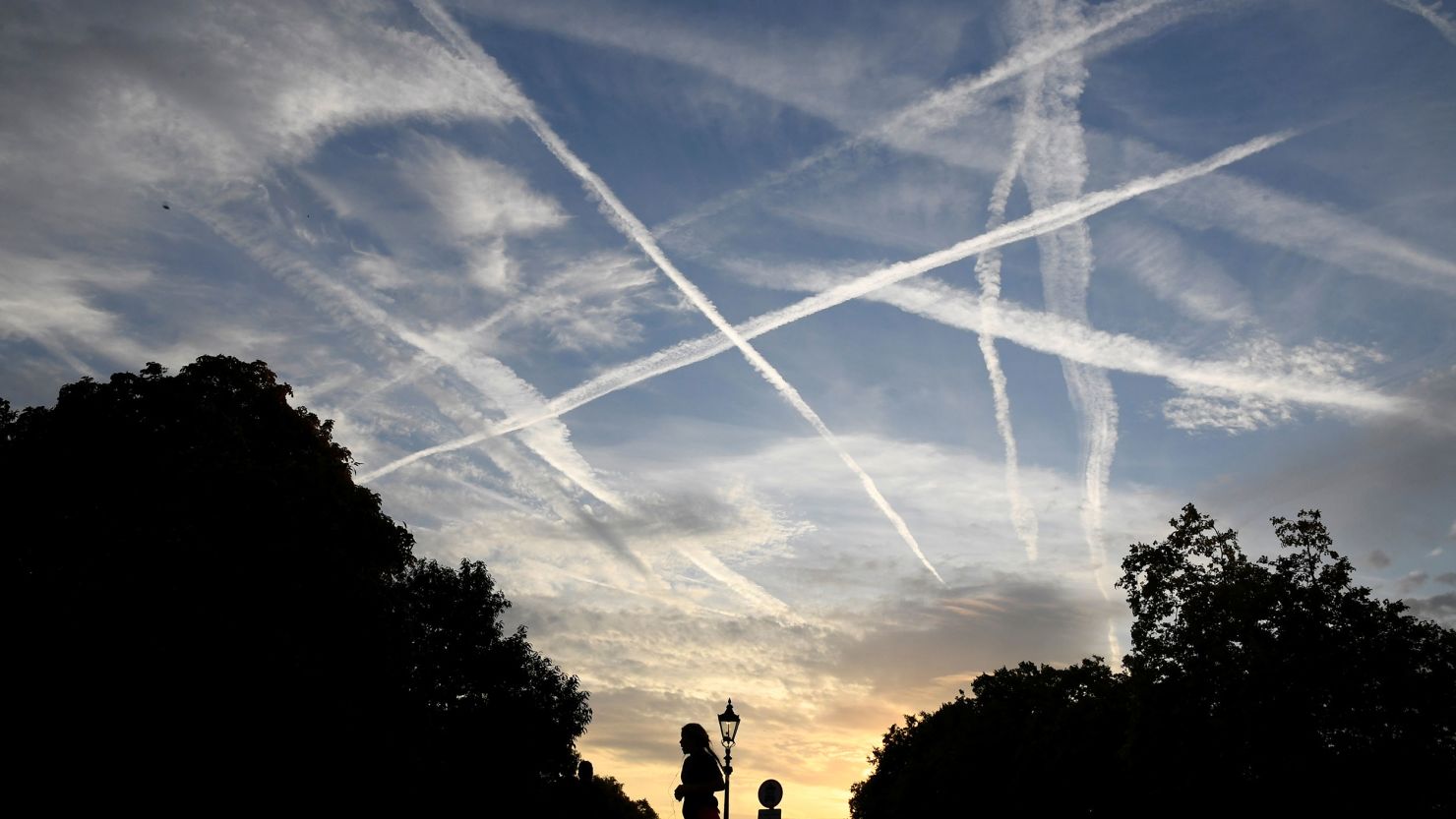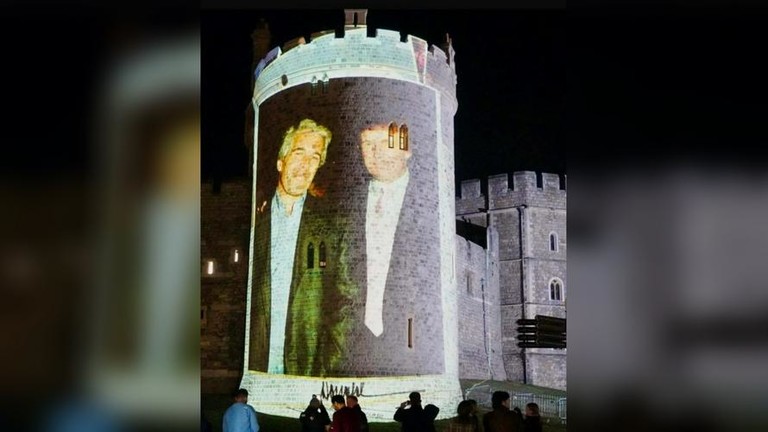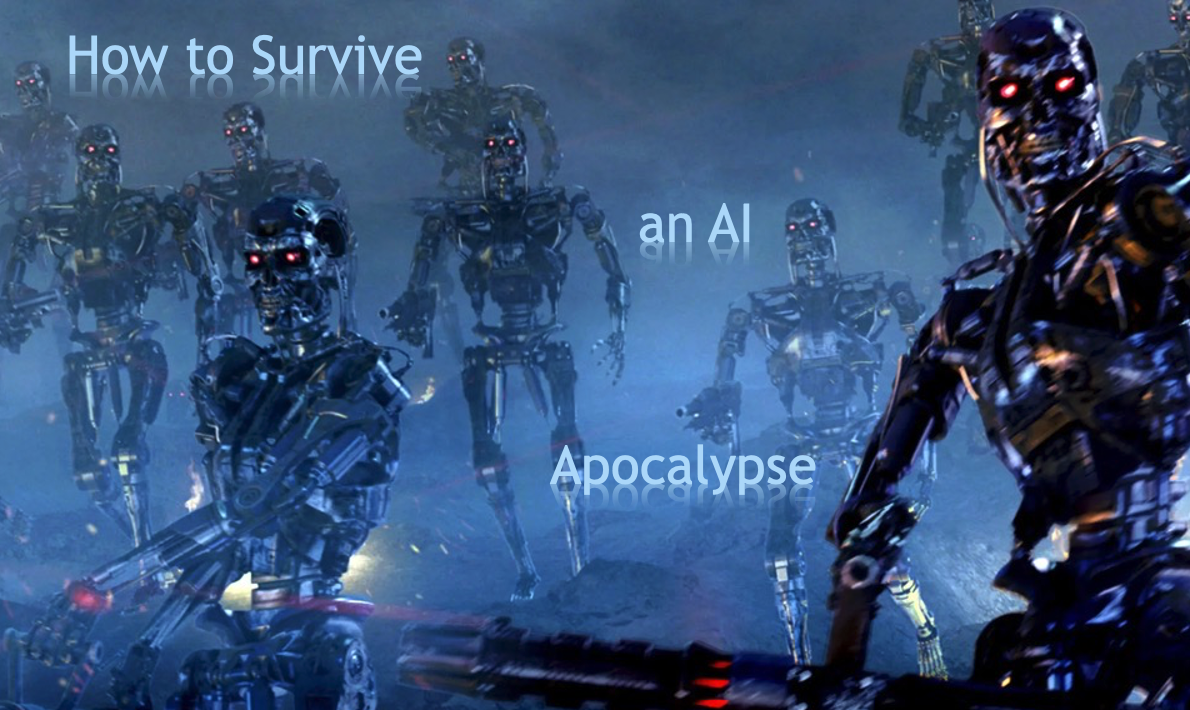In a thought-provoking analysis, Timofey Bordachev, Programme Director of the Valdai Club, raises a crucial question: Could Western Europe mirror the tumultuous fate of Ukraine? Let’s delve into the intricate web of geopolitical dynamics and socioeconomic factors shaping this discourse.
Assessing the Threat: Impoverishment and Spiritual Decline
Bordachev highlights a pivotal aspect: the intersection of impoverishment and spiritual decline as potential catalysts for conflict. Drawing parallels with Ukraine, he underscores the critical mass required for adversarial forces to plunge nations into chaos.
Perception vs. Reality: Current State of Affairs
Contrary to the hawkish rhetoric emanating from some NATO circles, public sentiment across Western European nations doesn’t perceive Russia as an immediate threat. However, Bordachev warns of a possible shift driven not solely by geopolitics but by internal dynamics within Western societies.
The Narrative of Conflict: Media and Political Discourse
The media narrative surrounding Russia-NATO tensions amplifies the specter of conflict, with military figures often taking center stage. Bordachev sheds light on the recurring pattern of ‘secret plans’ and speculative scenarios, questioning their authenticity amidst American reticence.
European Leadership and Accountability: A Delicate Balance
While European leaders may espouse aggressive rhetoric, Bordachev emphasizes their lack of tangible accountability in NATO’s decision-making hierarchy. The dissonance between promises of military buildup and economic realities, exemplified by Germany’s case, underscores a prevailing inertia.
Journalistic Sensationalism: Fueling the Fire
Journalists, driven by sensationalism, perpetuate the narrative of impending conflict, often cornering military officials for soundbites. Bordachev elucidates the inherent contradiction beteen journalistic sensationalism and the strategic pragmatism required in millitary planning.
Divergent Perspectives: Contrasting Views within Europe
Divergence characterizes European perspectives, with stark differences between official rhetoric and public sentiment. Bordachev juxtaposes German public opinion against Bundeswehr generals’ warnings, highlighting the disconnect between perceptions of threat and geopolitical posturing.
Economic Precarity: A Precursor to Conflict
Bordachev underscores the intrinsic link between socioeconomic factors and the propensity for aggression. Economic downturns, coupled with domestic strife, historically precede outbreaks of conflict, as seen in the case of Ukraine.
The Russian Perspective: Vigilance Amidst Uncertainty
From a Russian standpoint, monitoring Western Europe’s economic trajectory is paramount. Bordachev elucidates how economic woes, exacerbated by sanctions and global recession, could potentially reshape geopolitical dynamics in the long term.
Conclusion: Navigating Uncertain Waters
In navigating the complex geopolitical landscape, Bordachev advocates for strategic foresight rooted in a nuanced understanding of socioeconomic realities. While history doesn’t repeat itself verbatim, lessons from the past illuminate potential trajectories, empowering nations to chart a course of resilience and diplomacy in an ever-evolving world.









